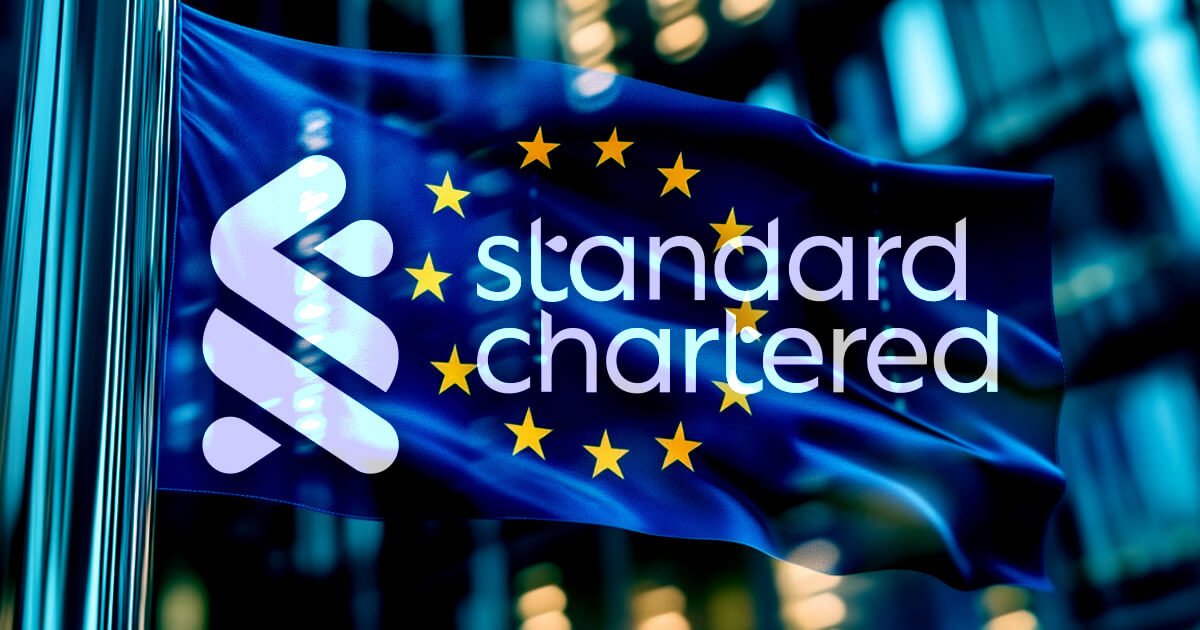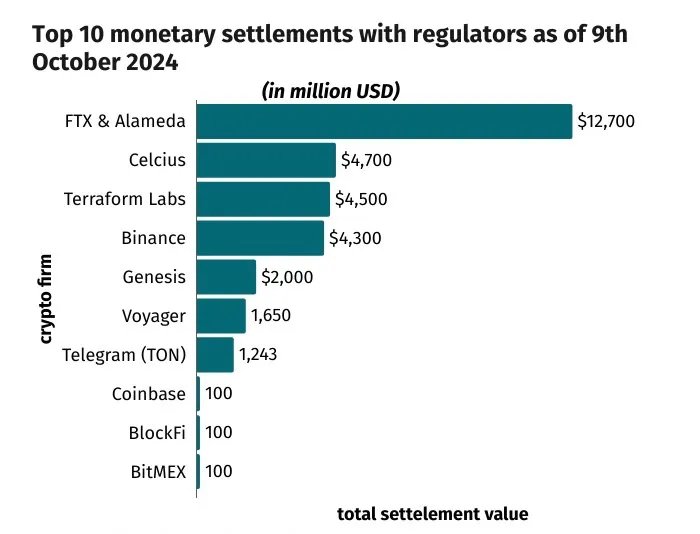Standard Chartered has obtained a license to provide crypto custody services in Luxembourg, according to a Jan. 9 statement.
The approval falls under the Markets in Crypto-Assets (MiCA) framework, which provides a unified regulatory approach for crypto businesses across the European Union.
MiCA requires companies to obtain a Crypto Asset Service Provider (CASP) license from an EU member state. This license enables them to operate across the bloc. The regulation became effective in December 2024.
Standard Chartered plans to leverage Luxembourg’s stable financial environment and clear regulatory landscape to strengthen its regional presence. Notably, the move builds on its earlier introduction of digital asset custody services in the UAE.
Margaret Harwood-Jones, the bank’s Global Head of Financing and Securities Services, emphasized that this initiative enables the bank to deliver cutting-edge financial solutions while adhering to strict security and compliance standards.
She stated:
“We are really excited to be able to offer our digital asset custody services to the EU region, enabling us to support our clients with a product that is changing the landscape of traditional finance, whilst also providing the level of security that comes with being an appropriately regulated entity.”
Laurent Marochini, an executive who previously worked with Société Générale as the Head of Innovation, will lead the firm’s Luxembourg operations.
Pro-crypto moves
This new effort continues the traditional financial institution’s increasing crypto efforts over the past year.
In June 2024, reports emerged that the banking giant was preparing to launch a spot trading desk for Bitcoin and Ethereum, the two largest digital assets by market capitalization.
Meanwhile, its affiliates, like Zodia Markets, have also been making waves in the emerging industry. Notably, it facilitated the UK’s first pension fund allocation into Bitcoin through the Cartwright Pension Trusts.
Zodia Markets has also secured a Financial Services Permission (FSP) from Abu Dhabi’s Financial Services Regulatory Authority (FSRA). This license allows the firm to offer comprehensive digital asset solutions while integrating domestic banking systems for faster local settlements.
Mentioned in this article





